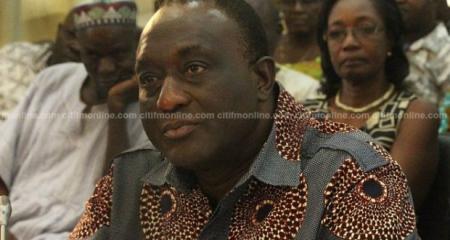by Duke Mensah Opoku
Government has revealed plans to anchor industrialization in the country on the establishment of ten new industrial parks.
According to Minister for Trade and Industry, Alan Kyerematen, each of the ten regions would have one park with the requisite facilities and flexible land schemes to facilitate the setting up of industries.
This initiative which draws heavily on similar models from Asia, is expected to create thousands of jobs for Ghanaians.
Speaking at the ongoing National Policy Summit in Accra, Alan Kyerematen explained that the move is geared towards enhancing industrial production across the ten regions and generally promoting export development.
“It takes us to the next component of our transformation agenda which is to establish at least one major industrial park in each of the ten regions. If we are talking about enhancement of industrial production then obviously access to lands, energy must be a critical factor. That is why these industrial parks are actually important. The magic of Asia, China Korea are all about the establishment of industrial parks and special economic zones.
“We are actually going to aggressively promote export development because if you produce, you should be able to sell. Although we have what I believe is quite a significant market , it’s still limited so we want to aggressively promote exports to take advantage of the enhanced production that is coming up,” Mr. Kyeremanten explained.
Meanwhile, Finance Minister, Ken Ofori Atta says government is committed to implementing reforms in the economic management of the country.
This he said will lay the foundation for the country’s industrial take-off.
“The issue that keeps resounding in my mind is one of what we started talking about-irreversibility. How do we create other institutions or policies which do not enable too much political freedom on core things that we as a country believe in?
“The capping of the earmarked funds is a sign of that type of irreversibility and therefore it is in that same vein that we should begin to look at whether it is revenues or expenditures or wages to reduce that operative margin, especially in election year to ensure that we do not go back to the bad old ways.”
To read the full piece from Citi FM, click here.

